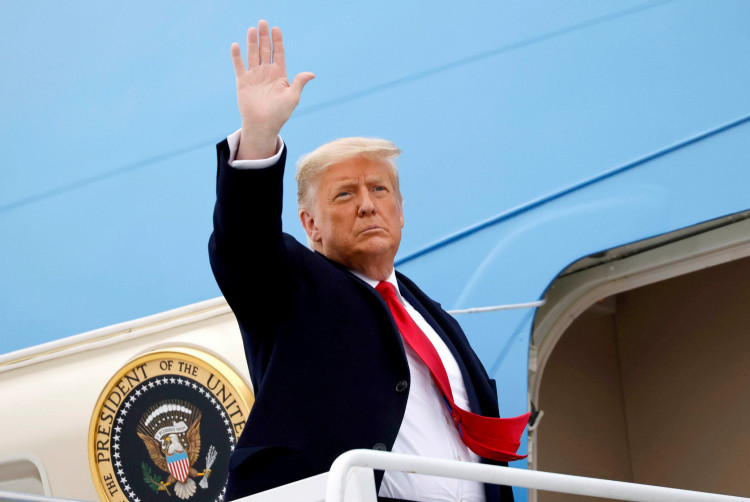President Donald Trump has suggested creating a "tariff dividend" funded by the sharp rise in U.S. customs duty revenues, with a proposed minimum $2,000 payment to individual Americans. The idea, which has not yet been formalized, would exclude high-income recipients and would rely on tariff collections that have climbed significantly under the administration's trade policy.
In a post on Truth Social on November 9, Trump wrote, "People that are against Tariffs are FOOLS! We are now the richest, most respected country in the world, with almost no inflation, and a record stock market price." His comments come shortly after Washington and Beijing agreed to a temporary one-year pause on new tariffs and retaliatory measures as both sides continue negotiations.
Treasury Secretary Scott Bessent said he had not yet discussed the proposal directly with the President. Bessent noted that any dividend payment could take several potential forms and may involve coordination across agencies. He emphasized that the concept remains at an exploratory stage.
New federal revenue data has intensified interest in the proposal. The Committee for a Responsible Federal Budget released the latest monthly Treasury statement showing the U.S. collected $195 billion in customs duties in fiscal year 2025, a $118 billion increase-a 150% year-over-year rise from 2024. Monthly tariff collections have grown from $7 billion in January to $30 billion in September.
The administration projects tariffs could generate as much as $3 trillion over the next decade, including indirect effects on other tax bases. Current estimates suggest these revenues could offset roughly two-thirds of the primary deficit created by the One Big Beautiful Bill Act signed on July 4, 2025. Over ten years, tariff revenues could cover approximately 80% of that deficit if current conditions hold.
However, the policy carries legal uncertainty. The U.S. Supreme Court has not yet ruled on the legality of the tariff structure. If the Court determines the tariffs exceed executive authority, the federal government could be required to refund billions in collected duties. A decision is expected within months, and a negative ruling would also affect ongoing trade structures.
Meanwhile, U.S.-China negotiations continue. Beijing has agreed to expand purchases of U.S. soybeans and tighten enforcement on fentanyl-related chemical exports. Trump has indicated he does not plan to implement a 100% import tax but said he expects China's suspension of rare-earth export restrictions to remain in effect.
Tariff rates vary across trading partners. The United Kingdom currently pays a 10% baseline rate, though steel and aluminum shipments are subject to 25% duties rather than the 50% levies some other markets face. Prime Minister Keir Starmer has described the U.S.-UK Economic Prosperity Deal signed in May 2025 as "the beginning of a broader economic partnership."
The administration has also examined directing tariff revenue toward household support, including depositing $2,000 into individual health savings accounts to offset medical costs. Secretary Bessent cautioned that implementing any such program would require congressional approval and may depend on the resolution of the ongoing federal government shutdown, where negotiators are reportedly nearing a compromise.






